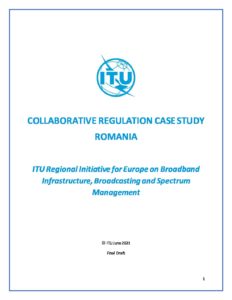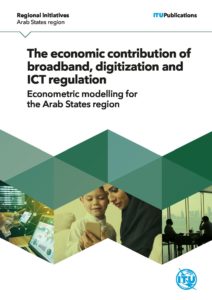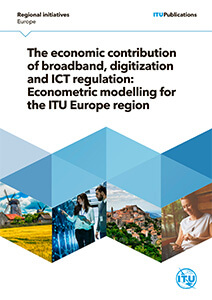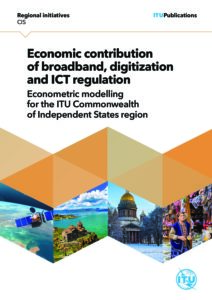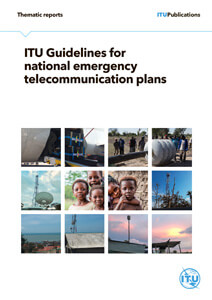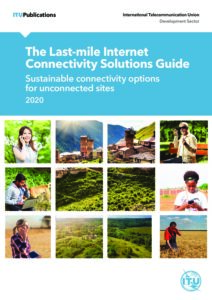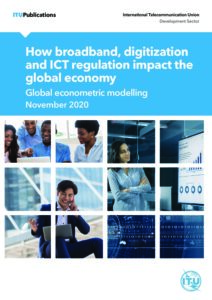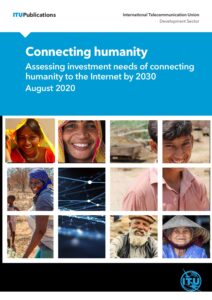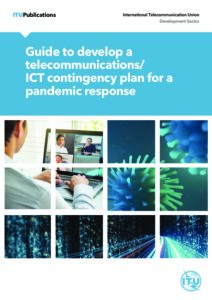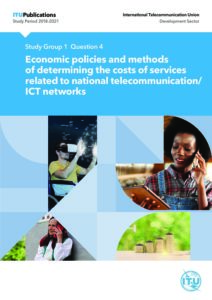
ITU-D Question 4/1 Economic policies and methods for determining the costs of services related to national telecommunication/ICT networks
Published in 2021The present Report on Question 4/1 (Economic policies and methods of determining the costs of services related to national telecommunication/ICT networks) for the ITU-D study period 2018-2021 expands upon those studies, sharing the different country and business experiences in the field of national telecommunication/ICT economic policies and regulations, taking into account the studies being conducted in ITU-R Study Group 1 (Spectrum management) and ITU-T Study Group 3 (Tariff and accounting principles and international telecommunication/ICT economic and policy issues). The report examines: new charging methods (or models, if applicable) for services provided over NGN network; different models for infrastructure sharing, including…
Read »